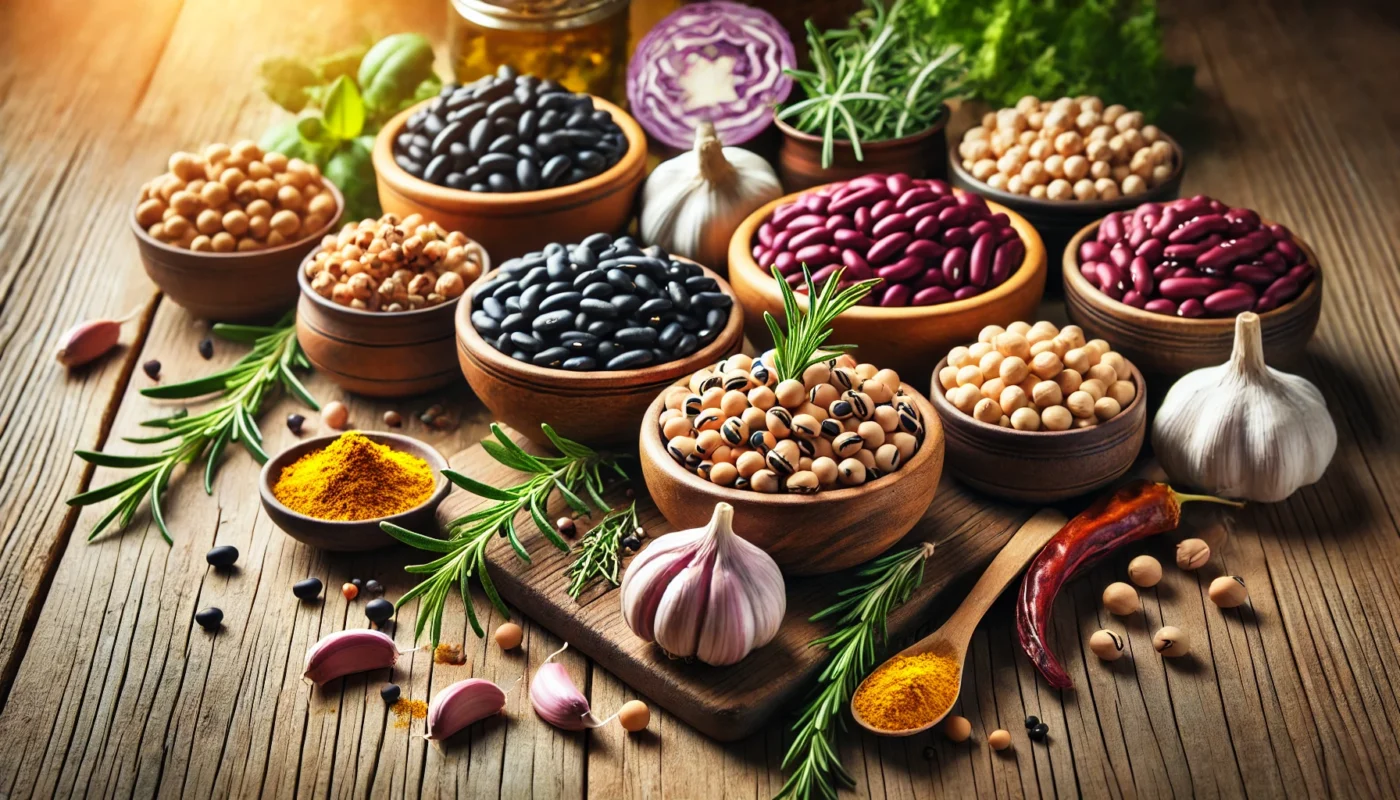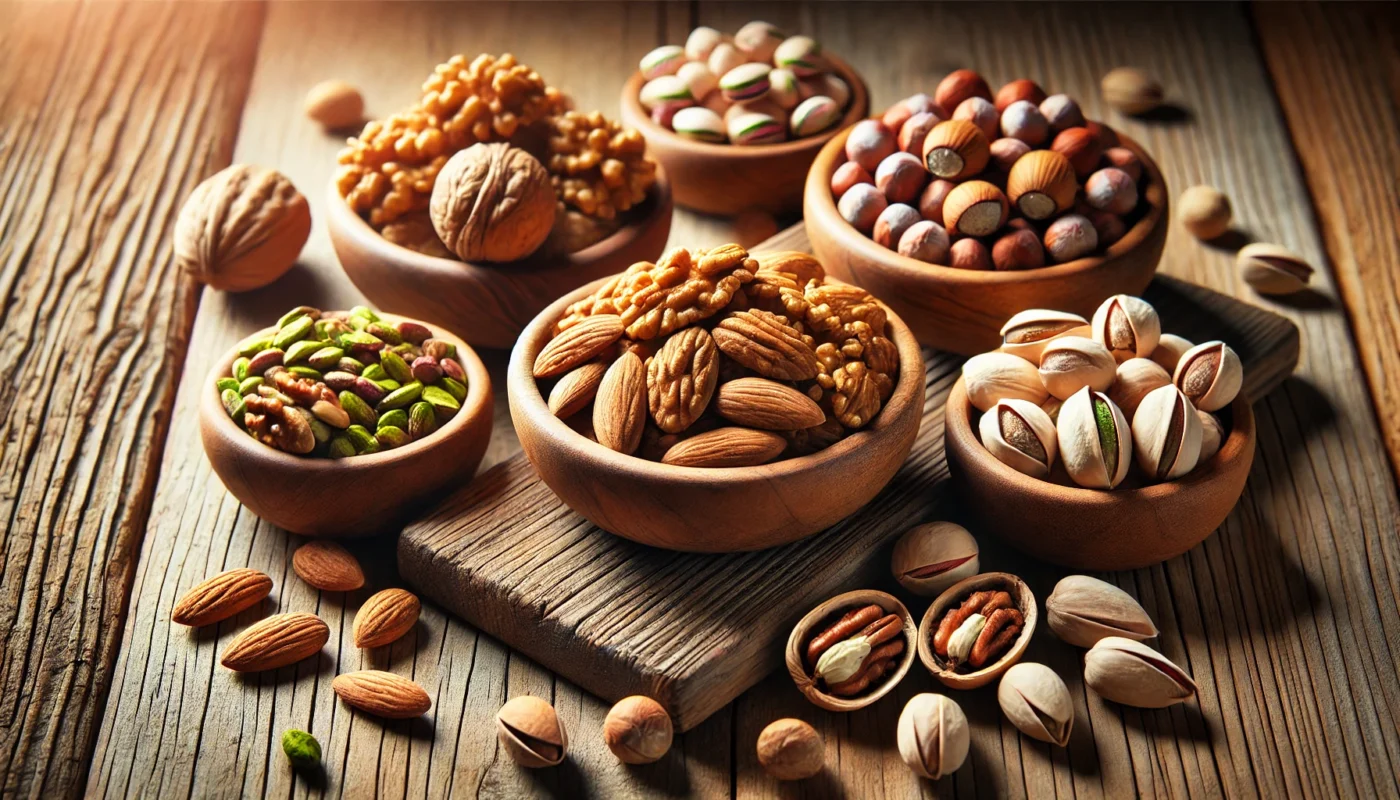Inflammation is a natural response by our bodies to injury or infection. It’s a crucial part of the body’s defense mechanism, helping to heal wounds and fight off harmful pathogens. However, when inflammation becomes chronic, it can lead to a host of health problems, including heart disease, arthritis, and even certain cancers. Chronic inflammation can silently damage tissues and organs, often going unnoticed until serious conditions develop.
Tag Archives: Wellness
Inflammation is the body’s natural response to injury or illness, acting as a defense mechanism to promote healing. However, chronic inflammation is a different story. It occurs when the inflammatory response persists over time, leading to potential damage and health complications.
Inflammation is the body’s natural response to injury or infection, aimed at protecting and healing. It is characterized by redness, swelling, heat, and pain, serving as a protective mechanism to remove harmful stimuli and initiate the healing process. This response is essential for survival, as it helps to eliminate infections and repair damaged tissues.
Inflammation is a natural biological response to injury or infection. It’s a critical part of the body’s defense mechanism, involving immune cells, blood vessels, and molecular mediators. However, when inflammation becomes chronic, it can lead to various health issues, including heart disease, arthritis, and certain cancers. Therefore, managing inflammation through diet has become an essential consideration in holistic health practices.
In the quest for optimal health and wellness, individuals are increasingly exploring holistic and alternative approaches to manage inflammation—a common underlying factor in numerous chronic health conditions. This exploration often leads to a closer look at dietary choices. One food that repeatedly comes into question in this context is the humble banana. Are bananas truly anti-inflammatory, or do they contribute to inflammation? Let’s delve into the science and explore the potential benefits of incorporating bananas into your diet.
When you think about mushrooms, you might picture them as a delicious addition to your favorite dishes. But did you know these fungi have been recognized for their medicinal properties for centuries? In recent years, scientific research has increasingly focused on their potential health benefits, particularly their anti-inflammatory properties. Let’s dive into the world of mushrooms and explore their ability to combat inflammation.
Inflammation is a natural and essential part of the body’s immune response. It is the body’s way of signaling the immune system to heal and repair damaged tissue, as well as defend against foreign invaders such as viruses and bacteria. However, chronic inflammation can lead to a host of health issues, including autoimmune diseases, cardiovascular conditions, and metabolic disorders.
Joint health is a critical component of overall well-being, especially as we age. Our joints, where two bones meet, facilitate movement and provide support. However, due to factors like aging, injury, or disease, many people experience joint pain and stiffness, significantly impacting their quality of life. Fortunately, one effective way to support joint health is through diet. In this article, we will explore the top foods that can help boost joint health, providing both relief from discomfort and preventative benefits.
Inflammation is the body’s natural response to injury or illness. When you sprain your ankle, for example, your body sends white blood cells to the affected area to protect it, resulting in swelling and redness. This is acute inflammation, and it’s a necessary part of healing. However, when inflammation persists for a prolonged period, it becomes chronic and can lead to various health problems.
Before diving into the specifics, it’s crucial to grasp the relationship between nuts and inflammation. Nuts are nutrient-dense foods packed with healthy fats, fiber, protein, vitamins, and minerals. While some might wonder, “are nuts inflammatory?” the answer largely depends on the type and quantity consumed. Generally, most nuts are beneficial in moderating inflammation due to their rich antioxidant content.










